At a meeting to discuss solutions to deal with the situation of "brokers" for medical examinations around medical facilities, recently reported by the press, Associate Professor Tang Chi Thuong, Director of the Ho Chi Minh City Department of Health, said that the situation of "brokers" in hospitals is not new, and not all hospitals participating in the meeting have "brokers".
Mr. Thuong commented that hospital brokers affect many aspects, from security and order to service quality and people's trust... Therefore, the Ho Chi Minh City Department of Health hopes that units - including those with and without "brokers" - will share specific ways to handle this situation.
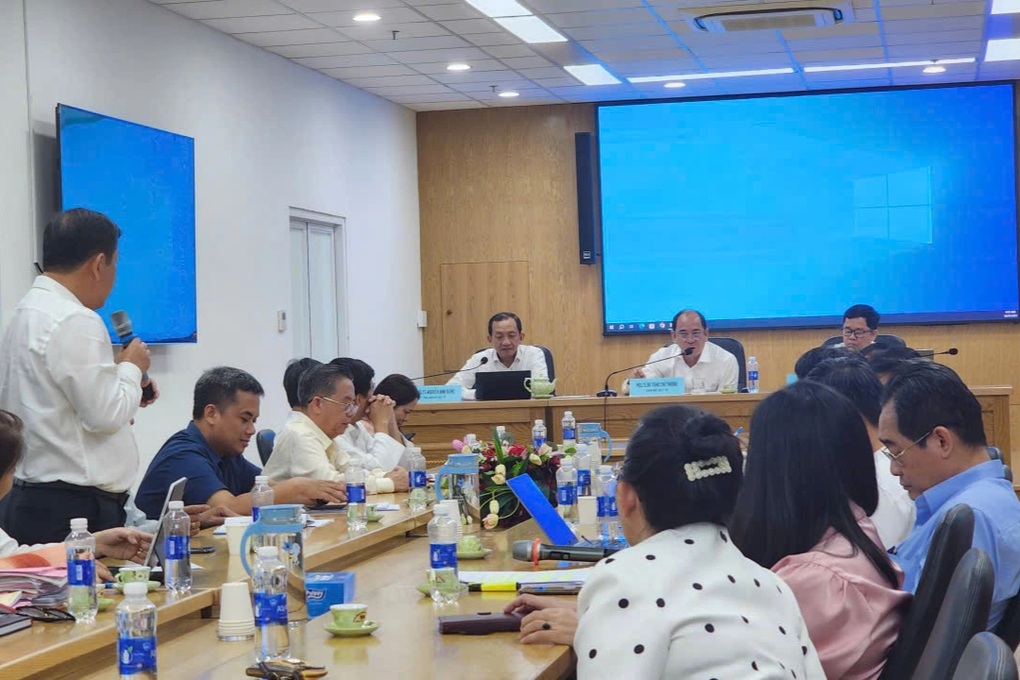
A meeting to discuss solutions to deal with the situation of medical brokers in Ho Chi Minh City took place on July 30 (Photo: Contributor).
People's Hospital 115 has "queue number brokers"
Specialist 2 Doctor Tran Van Song, Deputy Director of People's Hospital 115 (HCMC) shared that the hospital's inpatient area receives 4,000 patients/day. Over the years, the unit has had many innovative solutions to provide the best possible care for patients.
Currently, people are encouraged to register for medical examination online. If patients come in person, the reception area also has kiosks to get numbers and many departments to guide people, such as customer care staff, administrative management, taking patient information by ID card or VNeID software.
The hospital also has camera systems to monitor these stages.
However, about 3% of people still forget to bring their ID cards when they go to the hospital. At this point, there will be two problems. For patients who forget to bring their ID cards, the hospital will arrange an area to guide them to install the VNeID software, to facilitate the registration for medical examination and treatment.
“Those who do not have ID cards do so because they have never been to the doctor, so they are very confused. This is a group that is easily taken advantage of. For those who have ID cards, there are many types. It could be their children who register for the doctor, or a very small number of outsiders who come to get a number.
The hospital also has a process to identify and identify subjects to find solutions to invite them to work, or record images and send them to local police if there are negative issues," Dr. Song shared.
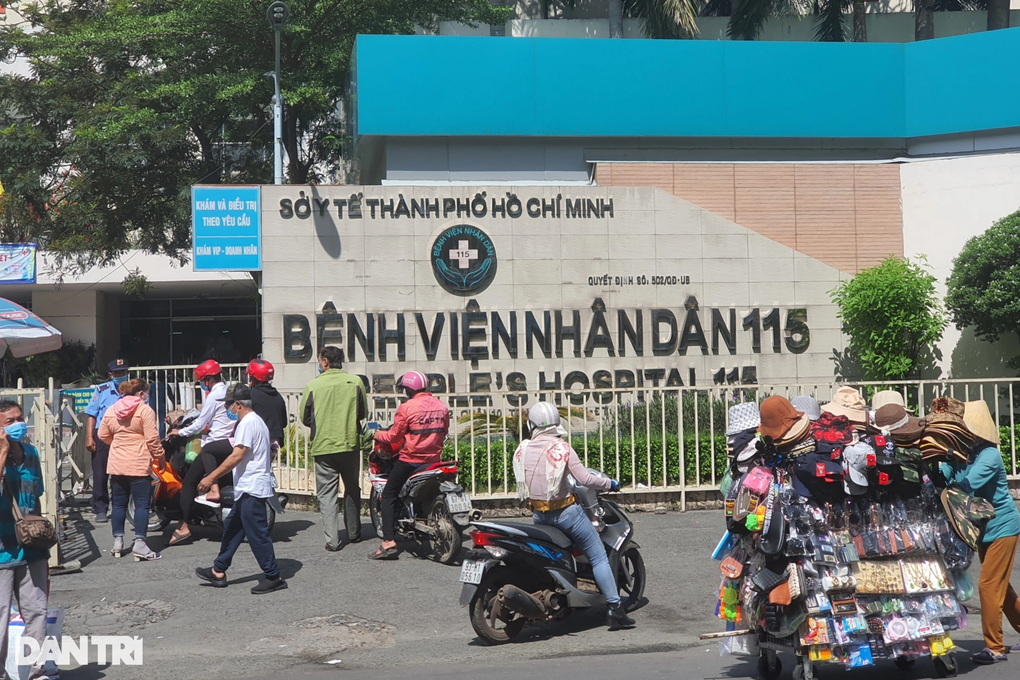
People's Hospital 115, HCMC (Photo: Hoang Le).
The Director of People's Hospital 115 pointed out a very difficult situation where patients' relatives give their ID cards and medical records to the "brokers". Meanwhile, there are many people coming in to get a number, and there are cases where the "brokers" change people to get a number, so they cannot be identified.
Or there are cases where hospitals misidentify "brokers", and people complain that it is too difficult to register for medical examination. This could be a loophole for these subjects to exploit.
In addition, there is often a complicated trading situation in front of the hospital. Many people who go to see a doctor early, sit down to eat or drink tea, can also be questioned and solicited by these subjects.
Therefore, in the near future, the hospital will deploy more solutions. In particular, when electronic medical records deploy the additional feature of registering medical examination numbers, it will be a favorable condition to limit the situation of "brokers".
Following the presentation from the representative of People's Hospital 115, the Director of the Ho Chi Minh City Department of Health commented: "brokers" examining patients here are "brokers who take queue numbers", not "brokers" who connect patients to the operating room.
What to do to prevent medical brokers?
A representative of Gia Dinh People's Hospital said that the patients here are mainly the poor and disadvantaged, and currently the unit has not recorded any "brokers".
This hospital proposed a number of solutions to handle the above situation, focusing on technology development and digital transformation, such as organizing registration on the website and switchboard, cashless payment, applying AI to optimize patient flow, patient management using VNeID, etc.
The second group of solutions is communication, by which hospitals need to be transparent in everything in medical examination and treatment.
Third, it is necessary to establish a coordination mechanism between the hospital and the police via a hotline, along with improving the capacity of security guards and customer care staff, to identify "brokers" and guide patients.
After listening to all the shares from leaders of medical facilities in the area, Associate Professor Tang Chi Thuong, Director of the Ho Chi Minh City Department of Health, concluded that the situation of hospital "brokers" has recently increased again.
This is a worrying issue, especially in hospitals with large patient populations, where people are easily lured into outside services due to lack of information.
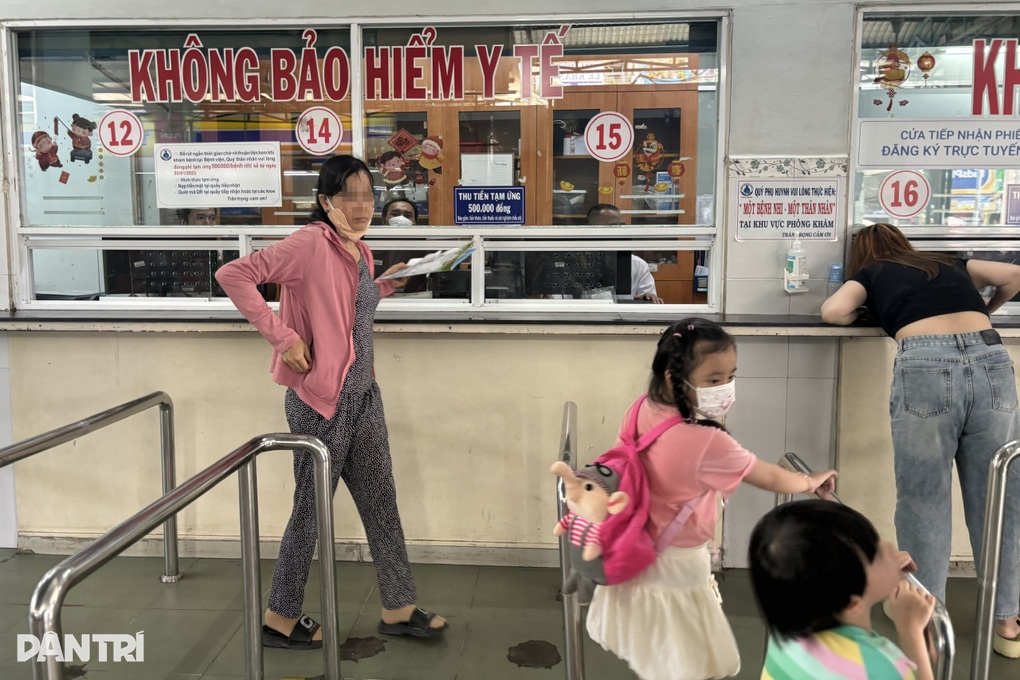
People register for medical examination and treatment at Children's Hospital 1 (Photo: Hoang Le).
To prevent brokers from having a place to survive, the head of the health sector requires hospitals to promote pre-registration for medical examination and treatment at home via "apps" or hospital switchboards; simplify the medical examination and treatment process at hospitals, and convert the 3-4 step medical examination and treatment process into 1 step.
In some diseases, a zero-step process can even be applied straight to the patient's room.
In addition, it is necessary to improve testing and paraclinical capacity; install cameras to promptly detect and strengthen coordination with the Ho Chi Minh City Police in handling hospital brokers. In addition, it is necessary to continue to build and open new, spacious medical examination and treatment facilities to shorten the waiting time of patients.
Source: https://dantri.com.vn/suc-khoe/giam-doc-so-y-te-tphcm-co-o-benh-vien-nhan-dan-115-la-co-boc-so-thu-tu-20250730123950574.htm






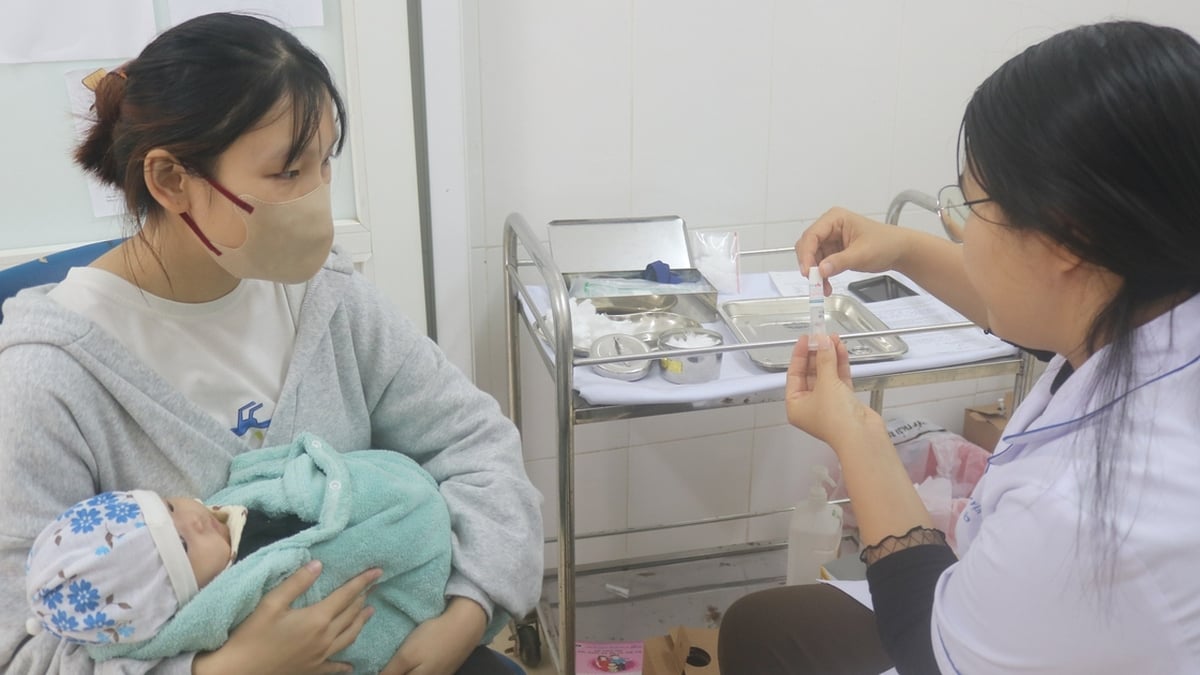

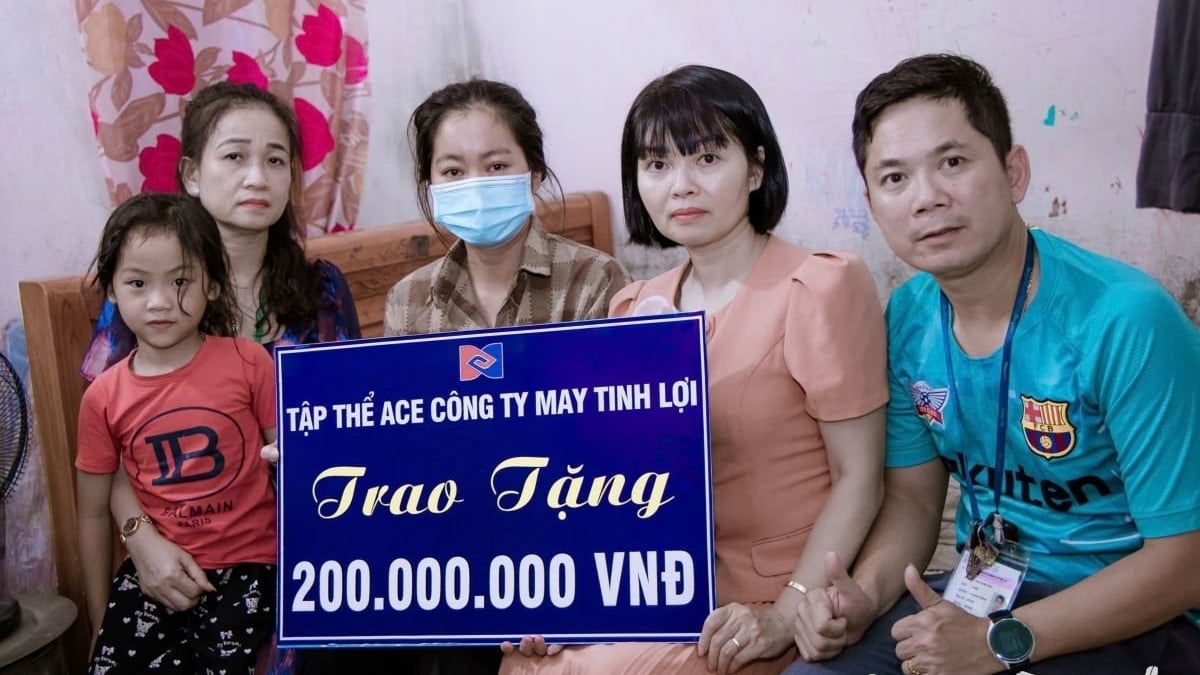
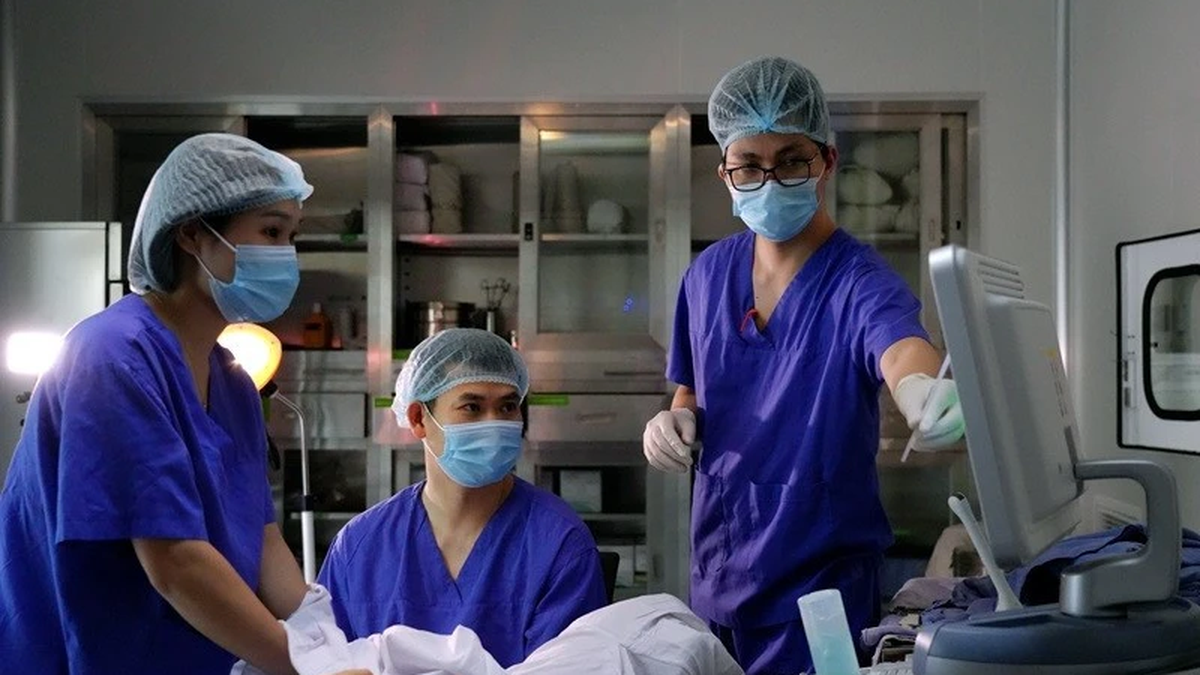

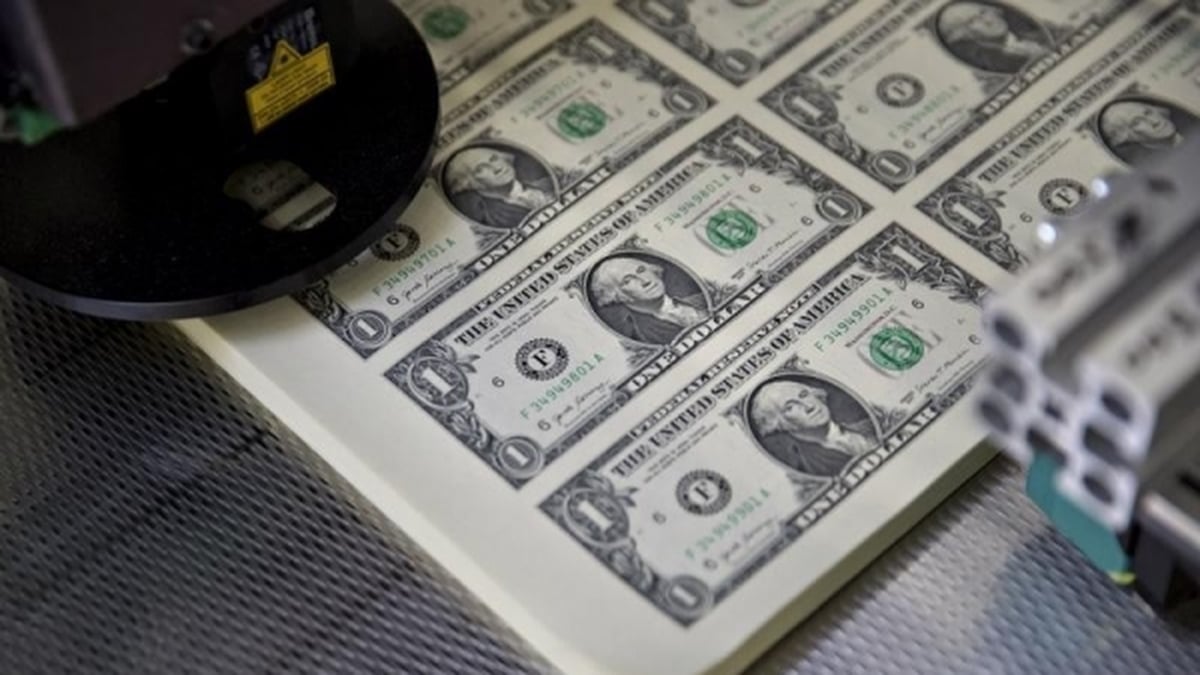






























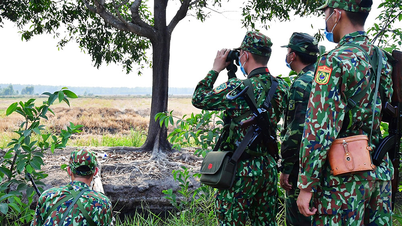











![[Maritime News] Container shipping faces overcapacity that will last until 2028](https://vphoto.vietnam.vn/thumb/402x226/vietnam/resource/IMAGE/2025/7/30/6d35cbc6b0f643fd97f8aa2e9bc87aea)









































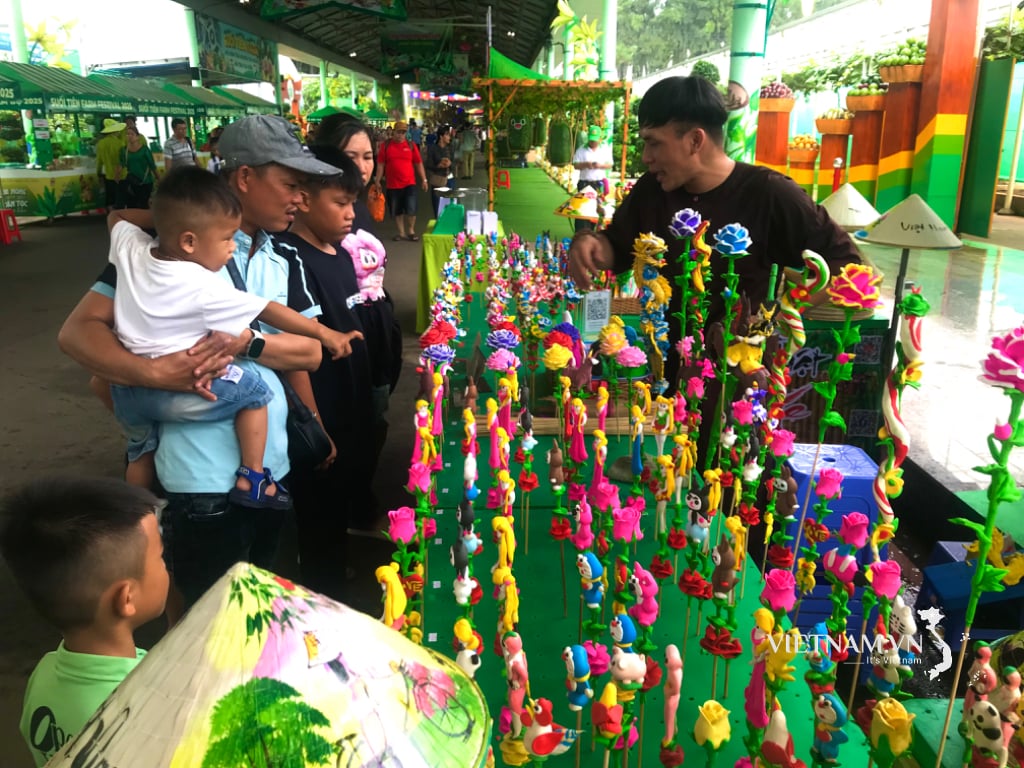
Comment (0)